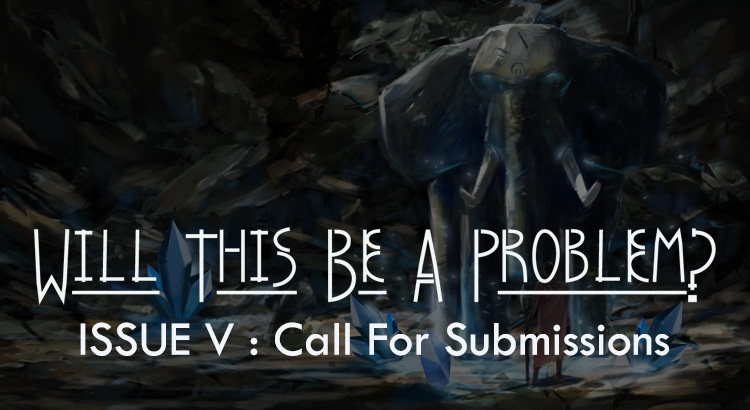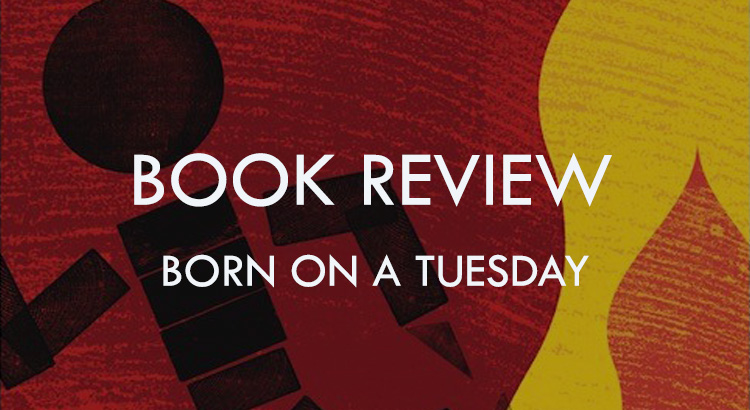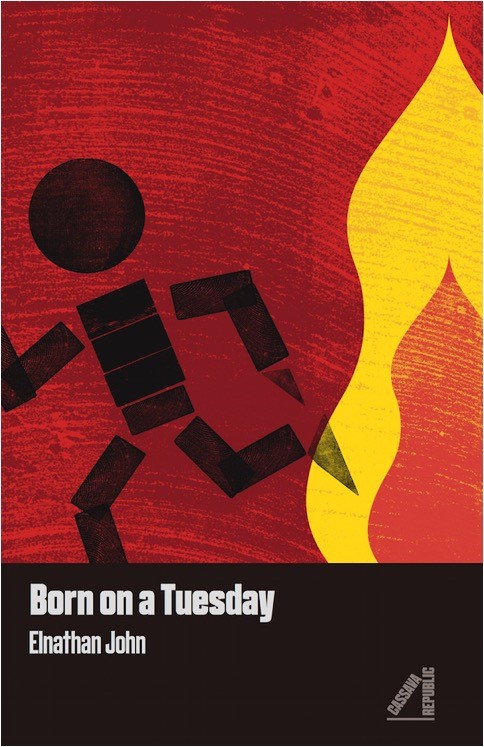The Will This Be A Problem Anthology is back this year for its fifth issue, and we are once again looking for works of speculative fiction, science fiction, fantasy and horror by authors from the African continent.
SUBMISSION GUIDELINES
Submissions open on midnight, 16th of February, 2024 (12:00AM GMT +3) and close on midnight, 16th of April, 2024 (12:00AM GMT +3). Stories submitted after the submissions deadline will not be considered nor will the writers be contacted.
The anthology is eligible only for African writers, 18 years and above. We define an African writer as:-
- someone born in Africa,
- someone whose parents (at least one) are African,
- Africans in the diaspora.
Your story can be speculative fiction, science fiction, fantasy or horror. Genre-mashing is completely fine, however your work must contain strong elements of these genres. We strongly encourage character-driven narratives and rich worldbuilding tied together with heavy African influences.
While we tend to gravitate toward the weirder and darker side of things, our aesthetic is always in flux. Our editorial team values risks, surprises, rude shocks, and voices that linger with us long after the story is done. We strongly encourage submissions from women, members of the LGBTQIA community, and members from other underrepresented and marginalised communities.
We only care about the quality of the writing, storytelling ability, plot and ideas, not whether you are new or established. Only send us work you are proud of; if you don’t like it, our readers won’t! If you’re not sure whether your story is suitable, don’t query; please just submit it and let our editors decide.
Our target length is between 2500 and 5000 words. However this is just a baseline, if the story is strong enough it can be longer or shorter.
We are open to receiving stories around many themes, but we will immediately reject stories that feature any of the following:
- Graphic depictions of rape or sexual assault.
- Needless brutalization of women and children.
- Depictions of brutalization or abuse of people with (physical and mental) disabilities.
- Graphic abuse of animals.
- Themes of necrophilia, paedophilia and other extreme taboo topics.
- Casual, benevolent or blatant misogyny, bigotry, racism, or any form of decontextualized insensitivity.
We will not consider any of the following:
- Simultaneous submissions.
- Multiple submissions.
- Stories above 10,000 words, including serialized novels or novellas.
- Partial or incomplete stories. Please don’t send us part of a story and ask us to request the rest if interested.
- Poetry, non-fiction, fan fiction, reprints, including anything posted on the internet and blogs.
- Work that has previously been published.
- Stories written, co-written, created, or assisted by AI and machine-learning languages such as ChatGPT.
After you submit a story, we strongly prefer you don’t withdraw it. However, if you need to withdraw a story, please send an e-mail telling us that you need to withdraw, and let us know why. If you withdraw a story, we will not consider any version of that story in the future.
Send your work to willthisbeaproblem@gmail.com as a single Word (doc, docx, odt. or rtf.) document. PDF’s are not allowed. Do not send it in the body of the email. The subject heading should be “WTBAP Issue Five Submission by <YOUR NAME>”.
Attach a short bio about yourself (100 – 150 words), what country you’re from and what name you would like the work to be published under.
Submissions should primarily be in English, though pieces of dialogue and the text may contain other languages.
If your piece is accepted, we will contact you 30 days after our submission deadline via email to confirm your interest in being published. Stories selected for the anthology will undergo editing, copywriting, and proofreading as necessary.
PAYMENT
There is NO submission fee.
For this issue, we will be paying KES 12,000 or the dollar equivalent of the same for writers outside Kenya, for every short story accepted for publication. Money will be paid via M-PESA, PayPal or other viable money transfer platforms.
Payment will be 30 days after publication.





